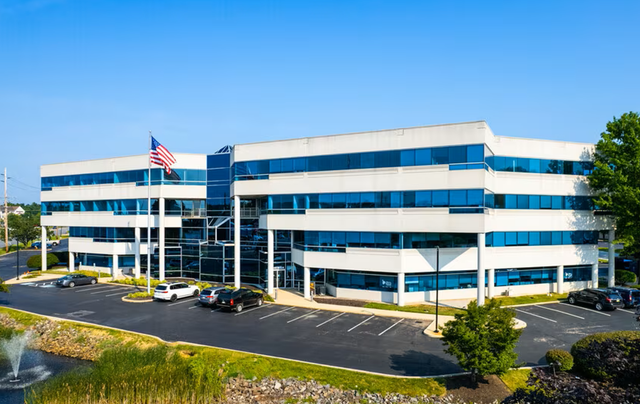Moving freight in today’s frantic business environment isn’t only about routes or trucks — it’s also about the right information, flexibility and the right systems in place to cope with unexpected. Your logistics provider should provide more than just the basic services, regardless of whether you’re an industrial manufacturer that needs to ship products on time or a retailer having to manage multiple shipments per day. They need to provide clarity, control, and a sense of security.
That’s why modern freight brokerage services as well as technology-driven 3PL providers step in to transform the game.
The Modern Freight Broker More than an Middleman
In the past freight brokers were often thought of as a service provider for shippers and carriers. But today’s freight brokers have become strategic partners who manage the complexity of transportation on behalf of their clients. They negotiate lower rates, vet reliable carriers as well as resolve any disruptions and help avoid expensive delays.
Image credit: translogisticsinc.com
A good freight broker will save you not only money but also from logistics issues that could harm your bottom line.
Translogistics, Inc. (TLI) Companies are shifting the definition of what this type of relationship looks like. By offering multimodal freight brokerage services, they allow businesses to shift between parcel, LTL (less-than-truckload), and volume LTL shipments depending on urgency, budget, or customer needs. That kind of adaptability matters more than ever.
3PL Providers – The additional layer of strategy you didn’t even realize you needed
It may be the time to explore the idea of a 3PL service provider if you are using multiple carriers, are juggling bills, manually tracking shipments or manage claims on spreadsheets. Third-party logistic partners can assist you to reduce time by assisting with these tasks that are tedious.
A 3PL that is good offers more than outsourcing services. They will provide organization, experience, and strategy. They’ll analyze your shipping patterns, recommend innovative solutions and develop tech-driven logistics procedures. They’re not just responding to problems, but you’re preventing the occurrence of problems. In an industry that demands transparency and effectiveness, the tools utilized behind the scenes can make significant differences.
What is the role of a Transportation Management System?
Think of a transportation management system as mission control for your freight. It’s the digital brain that allows you to monitor, manage and improve your shipping on one platform. A TMS can provide you with the control and visibility you have been lacking. It can do everything from creating Bills of Lading to viewing real-time rates of carriers.
Translogistics ViewPoint TMS For instance, was created with these goals in the top of mind. It not only compares prices across different modes, but is also able to handle drag-and-drop data entry powered by AI which removes manual typing that slows down teams. It’s one illustration of how technology in logistics is evolving to facilitate speedier, cleaner and more accurate processes.
Why It All Comes Down to Partnership
Logistics doesn’t have to be just about systems and services, it’s also about people. It’s crucial to have a team that is aware of the risks when a delivery is delayed or a transporter fails.
It’s not just about the transaction. It’s also an important decision.
Look for a supply chain partner who is willing to take note, adjust, and invest in the latest technology to ensure that your supply chains are moving forward. A partner who treats your cargo as fast and with care as you. With the right support system and a proper support system, the chaos of shipping becomes an organized operation and your company becomes in its ability to grow. Modern logistics is not just about moving goods. It’s about making smarter decisions.


